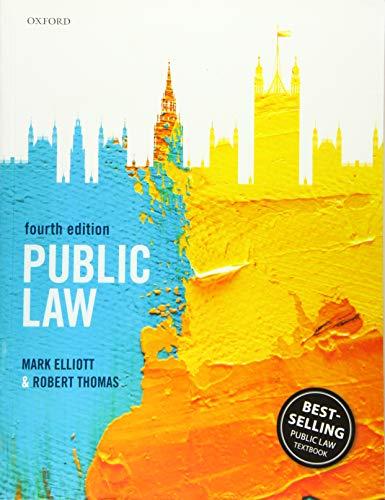Question
Shaver is an individual residing Duluth, Minnesota, and is the founder and operator of BTCST. Beginning in November of 2018 Shaver made several solicitations aimed
Shaver is an individual residing Duluth, Minnesota, and is the founder and operator of BTCST. Beginning in November of 2018 Shaver made several solicitations aimed at enticing lenders to invest in Bitcoin-related investment opportunities.
Beginning that November Shaver began advertising that he was in the business of "selling Bitcoin to a group of local people" and offered investors up to 7% interest yearly" until either you withdraw the funds or my local dealings dry up and I can no longer be profitable".
Here is what this meant to you as an investor in this business.If you had some bitcoins, you could invest them with BTCST, and receive 7% yearly interest on those bitcoins you invested with him.What he was doing with your bitcoins, and the other investor's bitcoins was selling them to others.Here is how he intended to make a profit from this business enterprise.Assume you gave him 100,000 bitcoins that were worth the equivalence of $400,000 on the day you invested them with him.He then would sell them to other for the equivalence of $410,000 because the price of bitcoins was going up substantially.So, he made $10,000 off your $400,000.At the 7% interest per year you would earn $28,000 that year.As long as he could keep investors in the business investing more bitcoins, he could make a profit off the resale of those and could pay such a high interest rate. The reason you would invest with him was because you did not have to find buyer's etc.Clearly this business would only work if he got more and more investors and then had a lot of buyers, and, critically, the market continued to go up.
It failed to continue to be profitable and the investors lost a lot of money.They are now suing him for violating the Securities Act of 1933, specifically, Section 12(a)(1) imposes liability on a person who offers or sells a security in violation of the registration requirements of Section 5 of the Securities Act. Liability extends to any person who sells a security in any offering if the registration requirements are not complied with.
Who will win and why?You must do a complete IRAC (issue, rule, analysis, conclusion) analysis.
Step by Step Solution
There are 3 Steps involved in it
Step: 1

Get Instant Access to Expert-Tailored Solutions
See step-by-step solutions with expert insights and AI powered tools for academic success
Step: 2

Step: 3

Ace Your Homework with AI
Get the answers you need in no time with our AI-driven, step-by-step assistance
Get Started


